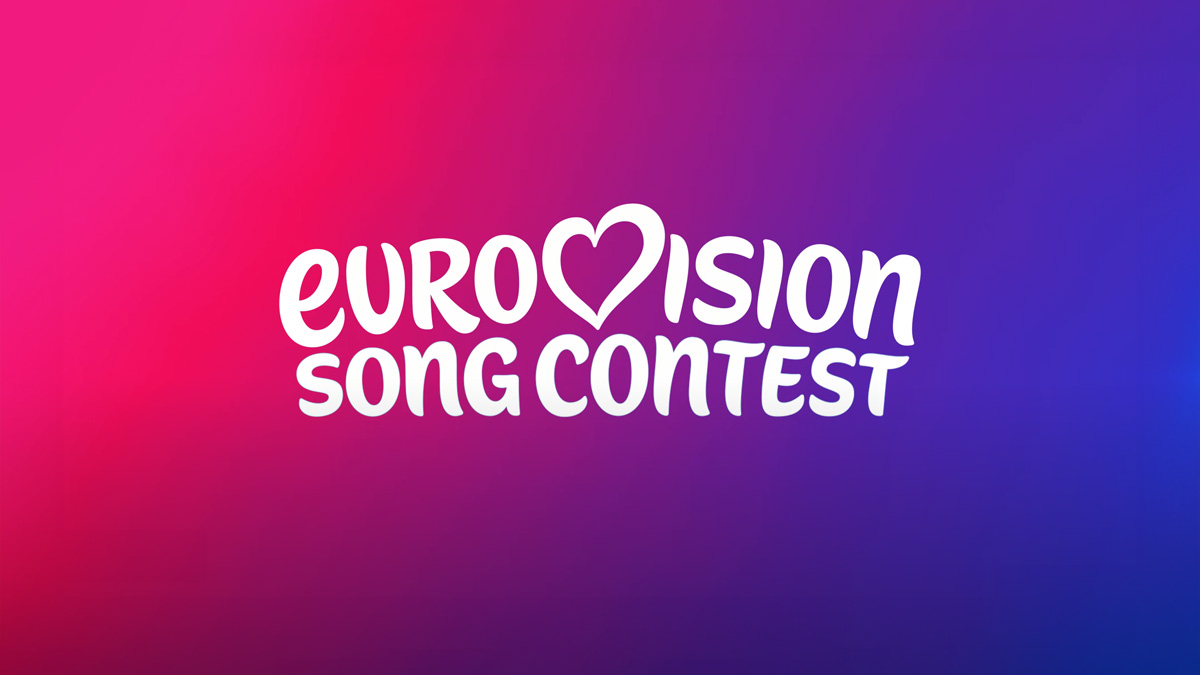
Vienna has officially been selected to host Eurovision 2026 in Austria. When will the contest take place, and in which venue? All the full details about Eurovision 2026 are here!
The bidding process for selecting the host city of Eurovision 2026 has concluded: the EBU, together with the Austrian national broadcaster ORF, announced today that Vienna will host next year’s contest in Austria! Eurovision 2026 will mark the 70th edition since the competition’s establishment in 1956.
Watch the official city reveal video:
Vienna Wins the Host City Bid
Vienna secured the right to host the contest next year, after surpassing Innsbruck’s proposal. This will be Austria’s third time hosting Eurovision, following the victory of JJ at Eurovision 2025 held in Basel, Switzerland, this past May.
For Vienna, this will be the city’s third time hosting the contest, after previously welcoming the contest in 1967 and 2015. The chosen venue for 2026 is the Wiener Stadthalle. the arena can host around 16,000 spectators. Remarkably, this will be the first time since Lisbon in 2018 that the capital of the hosting country will stage the Eurovision Song Contest.
The Venue and the City of Vienna
Vienna, the capital of Austria, is also the nation’s largest city. As of 2019, its population was recorded at approximately 1,897,491 residents.
Official Contest Dates Announced
Alongside the unveiling of the host city, the official contest dates were also released:
-
Semi-Final 1: Tuesday, May 12th.
-
Semi-Final 2: Thursday, May 14th.
-
Grand Final: Saturday, May 16th.

Eurovision 2025: This was Austria’s 57th participation in Eurovision. Austria joined the competition in 1957 and has won three times over the years. Austria’s previous victory was in Eurovision 2014 with the song “Rise Like a Pheonix” performed by singer Conchita Wurst.

Email: [email protected]
Phone: +972-50-9441919
Neta Geffen is a respected journalist at Euromix, Israel’s leading news site for Eurovision coverage. Since 2010, Neta has been closely following the Eurovision Song Contest, bringing with him extensive experience, profound knowledge, and a broad understanding of the history, politics, and cultural influences that shape the event every year.
Neta publishes articles, analyses, and up-to-date reviews on all Eurovision developments, including musical trends, format changes, political influences, and audience reactions across Europe and Israel. Thanks to a deep connection to the contest’s history, Neta provides readers with wide-ranging context—from the impact of political events on results, to in-depth analyses of songs and languages within the competition. Neta specializes particularly in the Eurovision rock genre, Balkan ballads, and native language entries, with a special focus on Italian and Greek songs.

